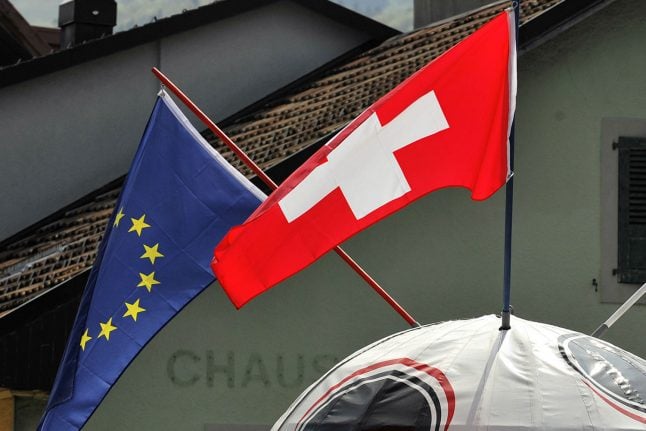The Council said the cost could be between 460 to 630 billion over the next 20 years.
The initiative, which will be put to the people on May 17th, seeks to curb EU migration into Switzerland. Under the initiative, Switzerland would set its own migration quotas.
EU migration to affordable housing: All you need to know about Switzerland's crucial spring referenda
Currently, while Switzerland is not a member of the EU, EU citizens are free to live and work in Switzerland and vice versa.
While comparisons have been made between the initiative and the United Kingdom’s Brexit referendum, one major difference between the two is that the EU has no obligation to negotiate a deal with Switzerland should the existing freedom of movement rights be terminated.
Karin Keller-Sutter, a member of the seven-person executive which acts as Switzerland’s head of state, said supporters were gambling with Switzerland’s future.
“It’s a poker game and a leap into the unknown. It’s irresponsible,” she said.
“We don’t have a plan B.”
She also warned that a range of other arrangements which impact trade and commerce would be put at risk. The EU is Switzerland’s major trading partner, with exports to the bloc making up more than half of Switzerland’s total.
p.p1 {margin: 0.0px 0.0px 0.0px 0.0px; font: 12.0px Helvetica}
p.p2 {margin: 0.0px 0.0px 0.0px 0.0px; font: 12.0px Helvetica; min-height: 14.0px}
p.p3 {margin: 0.0px 0.0px 0.0px 0.0px; line-height: 14.0px; font: 12.0px Times; color: #0000e9; -webkit-text-stroke: #0000e9}
span.s1 {text-decoration: underline ; font-kerning: none}
If the initiative is approved, Bern and Brussels would have one year to hammer out a new migration deal. While the SVP is staunchly in favour of the proposal, the remainder of the larger Swiss political parties are against it.



 Please whitelist us to continue reading.
Please whitelist us to continue reading.
Member comments